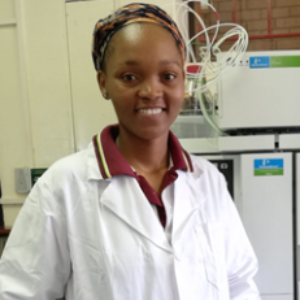Title : Nano-engineered metal-based nutrients using chitosan for efficient plant nutrition and growth
Abstract:
In 2020, the number of people affected by hunger had dramatically increased globally under the shadow of the COVID-19-related economic shocks [1]. The ongoing pandemic has put a strain on food productivity and induced a significant increase in food demands. Even before this scenario, acute hunger has risen in developing countries due to rapid population growth, socio-economic conditions, and climate change. Although bulky chemically processed fertilisers have been encouraged in recent decades to improve agricultural productivity, these inputs have also promoted environmental pollution. The nanoformulation of nutrients represents a cutting-edge strategy that can revolutionise the agricultural sector and solve current concerns surrounding sustainable agriculture and climate-sensitive crops [2]. Recently, natural-sourced polymers’ nanoparticles have been of scientific interest in agriculture due to their growth-stimulating potential, water-retention capacity, and bactericidal activity against phytopathogens [3]. Alternatively, these nanomaterials can also serve as carrier devices for the controllable release of entrapped nutrients. This presentation focuses on the development of chitosan-based agronanochemicals, magnesium- and zinc oxide-loaded chitosan nanoparticles. The systems are prepared through ionic gelation of chitosan and tripolyphosphate in the presence of various concentrations of Mg salt and ZnO nanoparticles, respectively. The phytoassisted reduction process using the Helichrysum odoratissimum extract is employed to prefabricate the latter. These matal oxide nanoparticles and their chitosan-encapsulated derivatives will be systematically characterised through a combination of microscopic and spectroscopic techniques. The antifungal activity of the as-prepared nanoparticles against Fusarium species will be presented, and their effect on plant growth parameters will be discussed. The nutrient release profiles from these nanoformulated fertilisers will also be reported.
The presentation can be anticipated to provide avenues for discovering novel nano-engineered fertilisers for sustainable agriculture.



